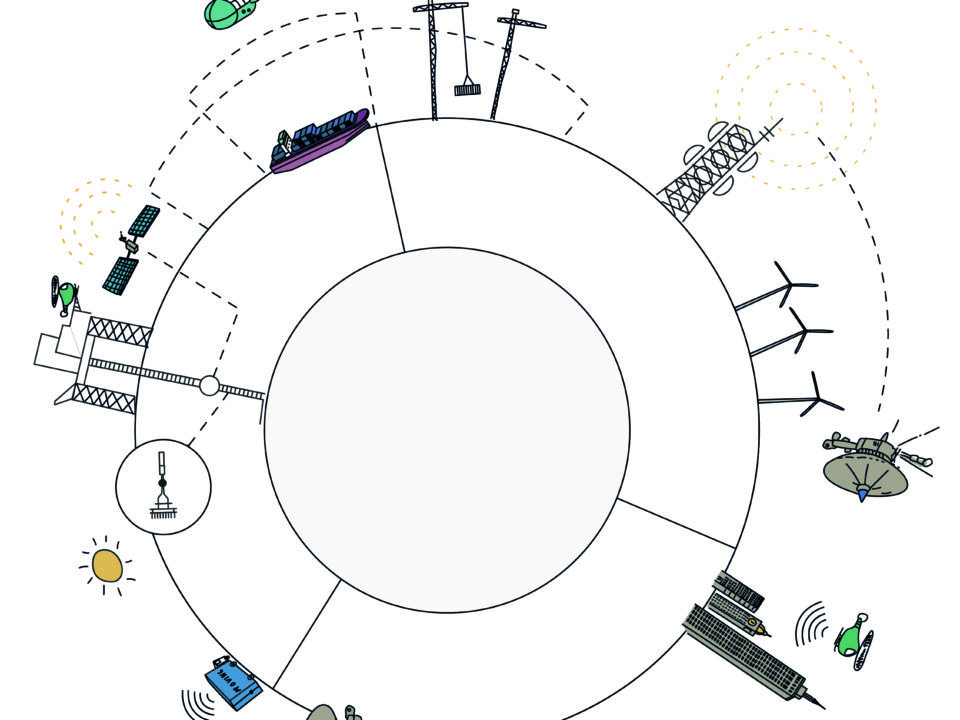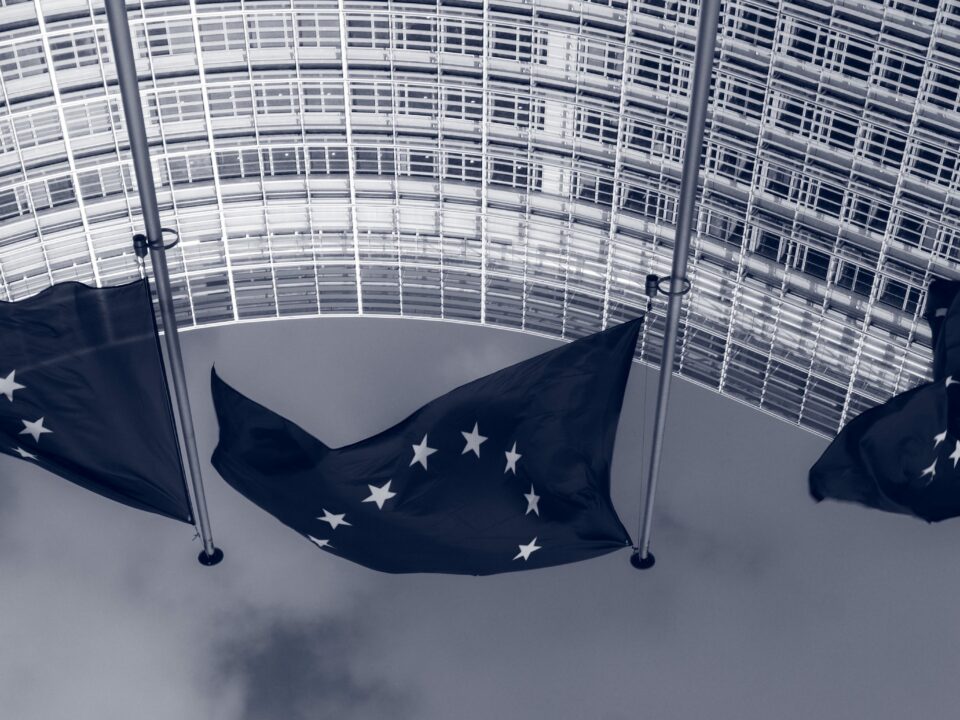IP Europe and Innovation Alliance Welcome IEEE’s Review of 2015 Patent Policy and Urge Removal of Unbalanced Language
IP Europe and the Innovation Alliance welcome the IEEE’s move to revisit its unbalanced 2015 patent policy. Ideally, this process will result in revision or removal of the IEEE’s unprecedented “reasonable rate” and “prohibitive order” provisions. In our opinion, this review is long overdue.
The review comes against a backdrop of growing global consensus that, first, injunctive relief should issue to SEP owners facing hold-out strategies, and, second, SEP licenses should reflect the value contributed by the technology to the end product and user. As documented in detailed fact-finding by courts in both Europe and the United States, hold-out strategies are being adopted by implementers to lower the already low cost of connectivity in their products. The European Parliament has rightly called on the EU Commission to catalogue instances of hold-out[1].
Hold-out has repercussions beyond being simply unfair to innovators. It upsets the careful balance in mobile technology standardisation. It threatens the very open standards model that has supported mobile technology leadership on both sides of the Atlantic and that would necessarily underpin future strategic autonomy. For years, the need for such balance has been front and centre in European policy discussions around 5G and its IP protection and enforcement.
As noted in a January 2015 letter addressing the then-proposed new IEEE patent policy, “the European Commission has [long] been advocating a fair balance between the interest of standard essential patent (SEP) holders to be appropriately remunerated for their IP and the interest of implementers of standards to get access to standardised technology on FRAND (fair, reasonable and non-discriminatory) terms”[2].
At the time, the Commission noted that the then-proposed new IEEE patent policy language “may risk having a significant impact”. It expressed hope that “such a change, and its potential consequences for the standardisation eco-system, would be carefully examined before a decision would be taken to implement it”. Unfortunately, the policy was adopted without such examination. Five years after implementation of the policy, the U.S. Department of Justice Antitrust Division issued an updated Business Review letter to IEEE in 2020 surveying multiple negative effects of IEEE’s 2015 patent policy[3]. Since its adoption, European experts have also warned that IEEE’s weakening of patent rights for innovators raises significant antitrust concerns in the European Union.[4]
According to Laura Lischinski of IP Europe, “Unbalanced SDO IP policies threaten the open standards ecosystem, to the benefit of dominant digital players that employ proprietary eco-systems to reinforce their dominance. Open, transparent and consensus driven standards are the pro-competitive alternative to such a proprietary world. We hope that U.S.-E.U. convergence on these issues will continue. For now, the IEEE should revert to its patent policy prior to the 2015 changes, which was balanced and in line with the approach taken by other recognised SDOs.”
[1] The European Parliament also called on the Commission “to publish biannual reports evidencing actual cases of: (a) unlicensed SEP use (i.e. infringements) lasting for 18 months or more; and (b) issues regarding access to standards due to systematic non-compliance with FRAND commitments”. See paragraphs 42 and 43: EP Resolution of 4 July 2017 on EU standards for the 21st century (2016/2274(INI)).
[2] European Commission Letter Re New IEEE Patent Policy Ref. Ares(2015)5541, 5 January 2015.
[3] US Department of Justice, Antitrust Division: Letter to Sophia A. Muirhead, 10 September, 2020. DOJ’s views were also articulated in the December 2019 Department of Justice, United States Patent and Trademark Office, and National Institute of Standards and Technology Joint Policy Statement on Remedies for Standard-Essential Patents.
[4] In a 2017 paper, Nicholas Petit noted that the antitrust risk generated by SSOs rate-setting policies would presumably be higher in the European Union than in the United States, where the case law on horizontal coordination is less stringent. See: The IEEE-SA Revised Patent Policy and Its Definition of “Reasonable” Rates: A Transatlantic Antitrust Divide?



